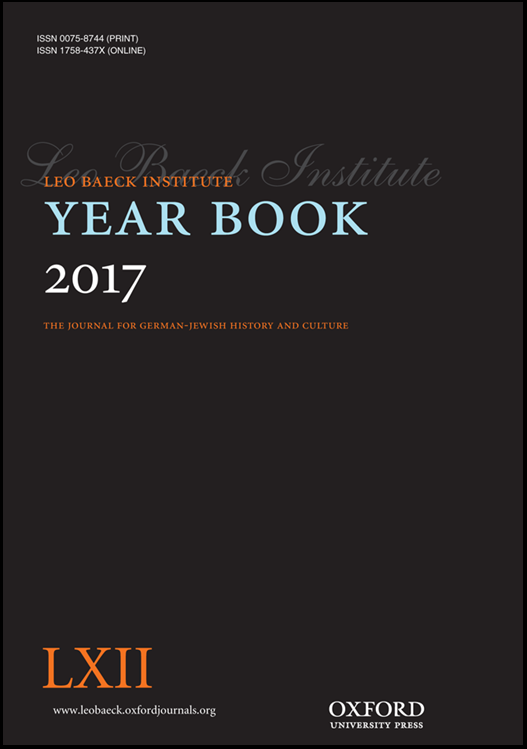








Jewish History
Institute of Contemporary History
Institute of Contemporary History
Kateřina Čapková and David Rechter
In: Leo Baeck Institute Yearbook, August 2017, 1-6
Historians have devoted increasing attention in the past decade to the aftermath of the Shoah, focusing in particular on the Displaced Persons (DP) camps in the occupation zones of Germany and Austria. The DP camps constitute an important part both of European and Israeli history, and slot comfortably into Zionist and cold war narratives on Europe—and especially on eastern Europe—that rejected any future for Jews in postwar Europe and instead valorized Palestine as the appropriate national project. The experience of German-speaking Jews in the first postwar
months complicates this perspective in a number of ways. Many German-speaking Jews faced discrimination and feared violence in the postwar months and years not because they were Jewish, but rather because they were German. Moreover, even though many eventually settled in the United States and Israel, a considerable number opted to remain in Europe. Some even settled in Germany and endeavoured to re-establish Jewish communities in the face of stinging criticism from the new centres of the Jewish world in Israel and the United States.
